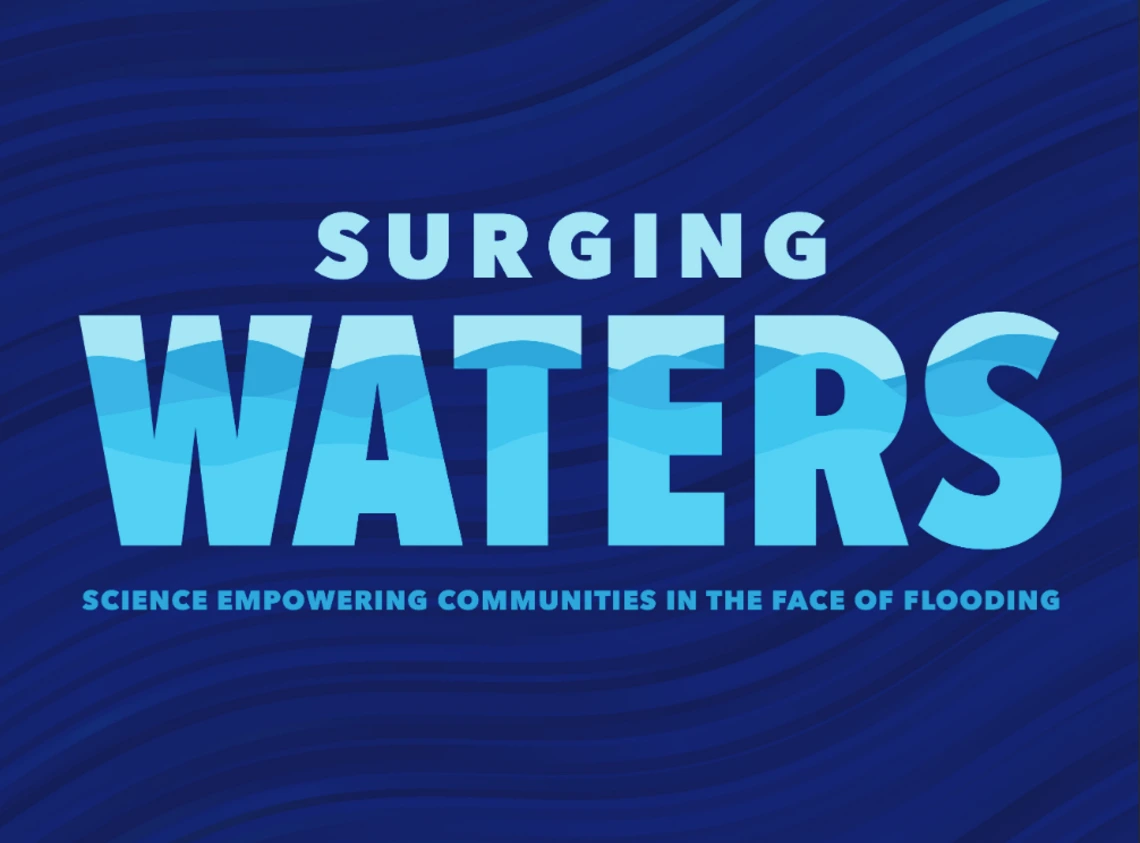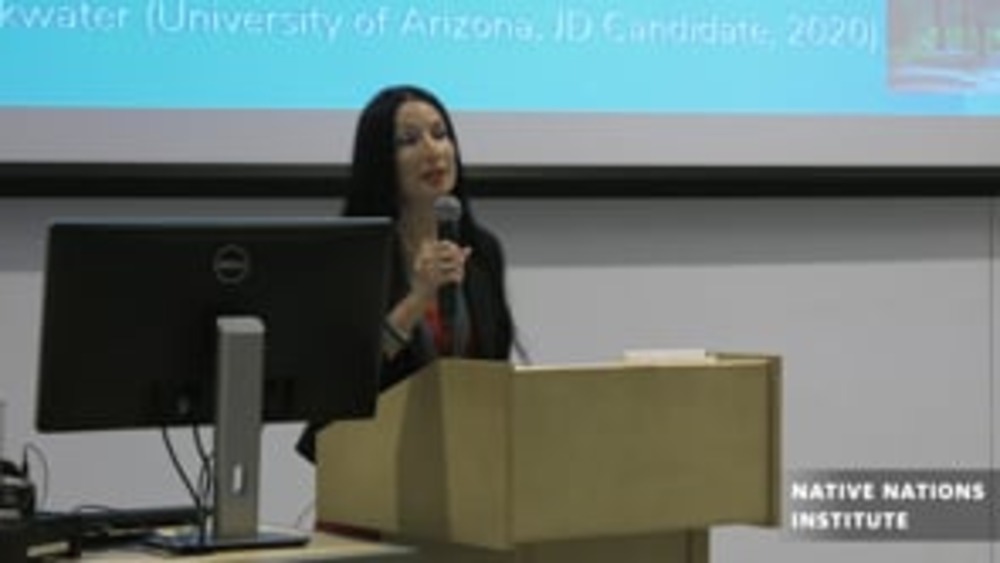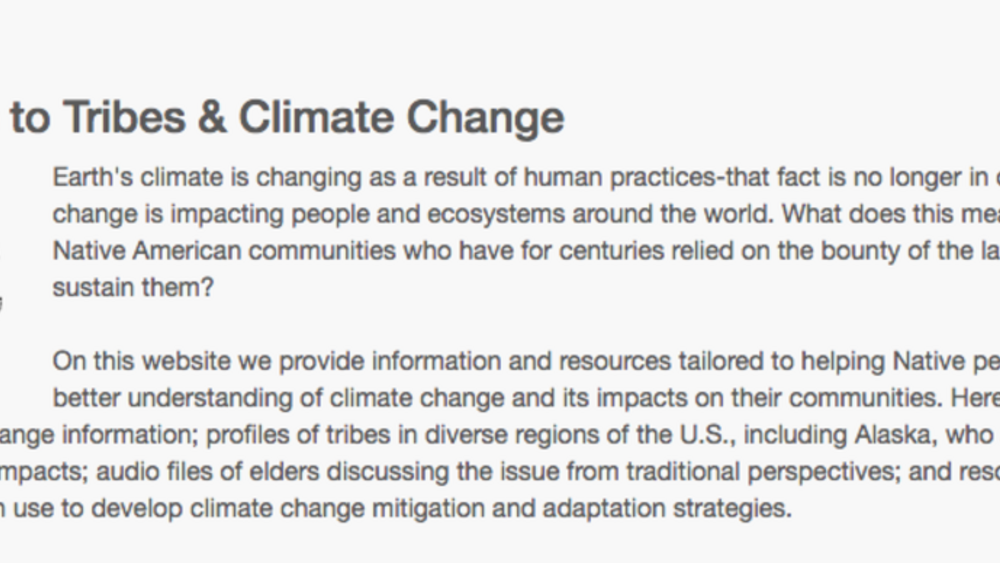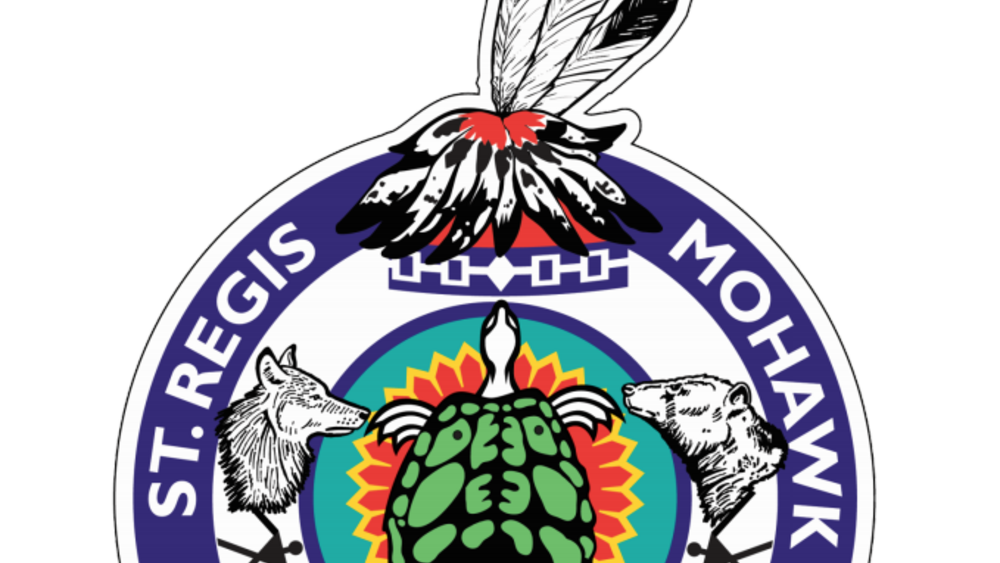Surging Waters: Science Empowering Communities in the Face of Flooding is a report produced by AGU, a global not-for-profit scientific society dedicated to advancing the Earth and space sciences for the benefit of humanity. The report is reviewed by leading experts in these fields. From devastating monsoons to sea level rise, extreme weather is taking its toll across the globe. Surging Waters looks at flooding in the United States and demonstrates how science is supporting flood management, as well as furthering the solutions needed to mitigate flood impacts on people and property in the future.The report’s authors highlight three types of flooding—flooding due to hurricanes, floods in the central U.S., and coastal flooding—through local stories. In 2017, Houston, Texas, was hit by Hurricane Harvey, the second most damaging weather disaster in U.S. history, and is still recovering.
The city of De Soto, MO, is emblematic of many areas in the Midwest that have been plagued by recurrent flash flooding. The Hampton Roads area of coastal Virginia has fallen victim to sinking land and rising seas.Through these stories and others, and compelling flood data presented for regions across the United States, the report shows how scientific research and data collection are essential to finding modern-day and future solutions to mitigate flooding. Robust funding for science-related federal agencies drives the advancement of science and provides support that is critical for the most vulnerable communities and individuals. Surging Waters recommends actions that community members and leaders, scientists, federal agencies, and policy makers can take to build a strong foundation to empower communities to make decisions for a more resilient and sustainable future.
Communities can use this report to inform and guide conversations with stakeholders on local, regional, and national levels. Lawmakers need to hear that people care about flooding issues and support the scientists working toward solutions. It is essential that science, with support from policy makers, continues to inspire readiness, cultivate collaboration, and empower communities.
Additional Information
American Geophysical Union. (2020). Surging Waters: Science Empowering Communities In the Face of Flooding. Retrieved from https://scienceisessential.org//wp-content/uploads/sites/11/2019/10/Sur….




